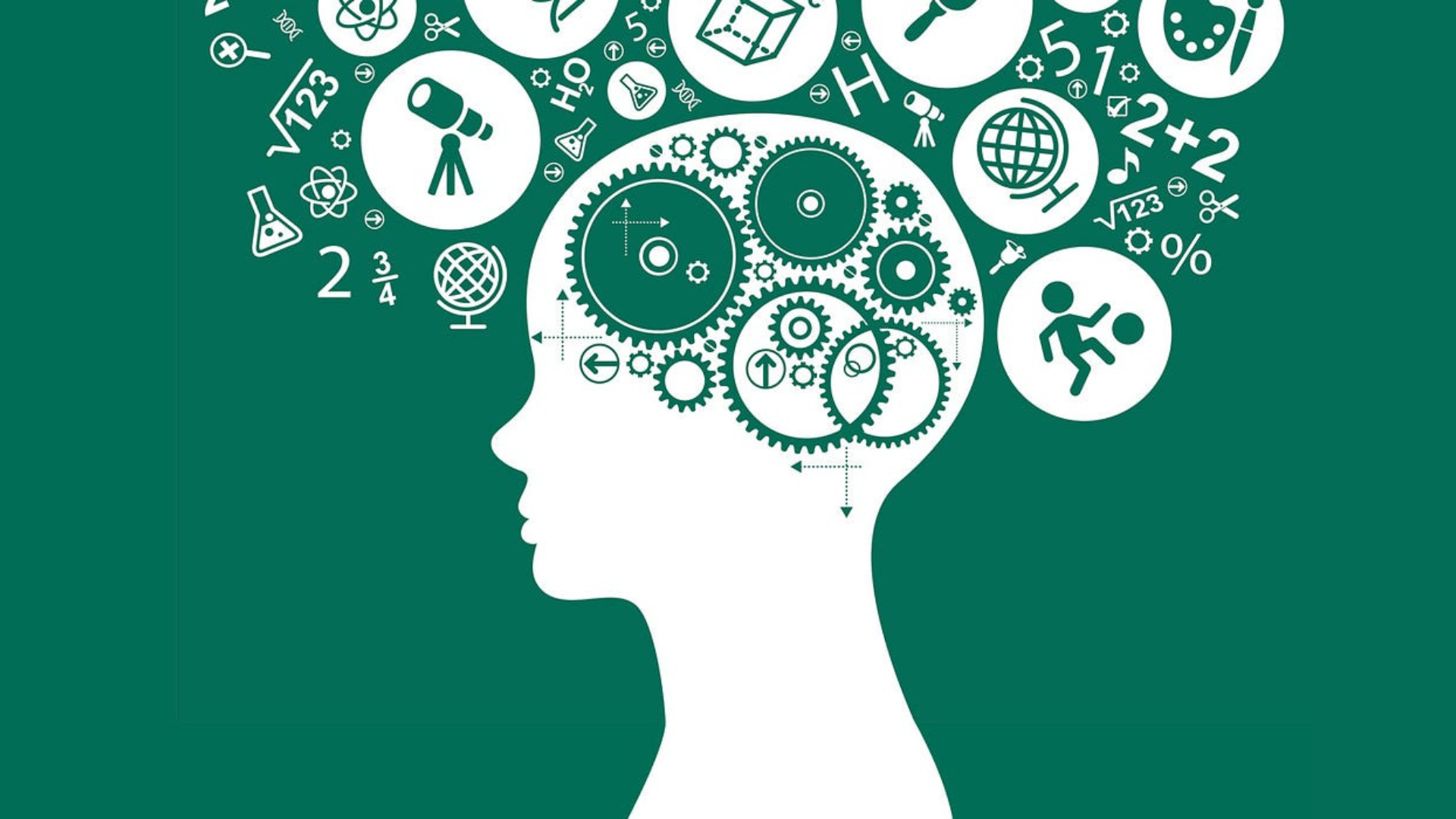How Selective Attention Shapes Your Reality
Balancing Focus and awareness
Have you ever been so focused on one tiny detail that you missed everything else going on around you? We’ve all been guilty of this at some point, but why do we do it? Selective Attention is the mental process of focusing on certain details whilst filtering out others. This can be helpful, but it can also lead to misunderstandings, missed opportunities, and negative perceptions – if we’re not careful.
How Does Selective Attention Work?
Selective Attention helps us manage the constant flood of sensory information we get every day. Our brains simply can’t handle processing everything at once—there’s too much happening! So, we use selective attention to focus on what feels most important in the moment.
It’s like shining a spotlight in a dark room. Wherever the light hits, that’s where your attention is focused. Everything else? It’s still there, but it’s harder to notice or might get overlooked completely.
However, this spotlight isn’t always perfect. Our emotions, biases, and assumptions can distort it, making us focus too much on certain details while ignoring others. Sometimes, we fixate on negative things whilst filtering out the positive—a habit that can seriously affect how we view situations, other people, and even ourselves.
Selective Attention in Action
Selective attention affects every part of our lives, from how we feel about ourselves to how we interact with the world.
Social Media Envy
You’re scrolling through Instagram or TikTok and see a post from an acquaintance who is on an amazing holiday. They look like they’re having the time of their life. Immediately, you start comparing their perfect-looking life to your own, feeling like you’re missing out.
But here’s the catch—you’re only seeing a small, curated part of their life, not the full picture. Whilst you fixate on their happiness, you’re ignoring all the positive aspects of your own life. This is a classic example of Selective Attention. You’re focusing on someone else’s highlight reel and letting it affect your mood.
Exam Stress Overload
It’s the night before a big exam, and you’re overwhelmed with stress. You keep thinking about everything you haven’t studied yet. Instead of focusing on how much you do know, you’re fixating on the gaps. This tunnel vision makes it hard to see your progress and increases anxiety.
How Selective Attention Shapes Your Life
1. It Can Create Negative Biases
Selective Attention can trick your brain into focusing on the negatives whilst ignoring the positives. For example, it may harm your relationship if you tend to focus on your friend’s mistakes – like being late or taking ages to reply – and overlook their kind gestures. Suddenly, the flaws seem bigger than they are, and you miss out on appreciating their strengths.
2. It Can Lead to Misunderstandings
By focusing on only one piece of information, you might miss something important. Imagine you’re in a work meeting and latch onto one small piece of feedback. You obsess over it, feeling like your work is unappreciated, whilst completely missing the praise from other colleagues. Misunderstandings like this are common when selective attention kicks in.
3. It Can Harm Relationships
Selective Attention doesn’t just affect how we see situations—it can also influence how we see people. In relationships, if you only pay attention to your partner’s bad habits, you might end up with a skewed view of them, forgetting the positive qualities that made you fall in love with them in the first place.
How to Overcome the Pitfalls of Selective Attention
Selective Attention can be tricky, but the good news is that you can train your brain to break free from its tunnel vision. Here are some tips:
1. Challenge Your Thoughts
When you catch yourself focusing on only one part of a situation, ask: Am I seeing the full picture? Take a step back and evaluate if you’re missing out on important details.
2. Seek Different Perspectives
Talk to others to get their take on the situation. Often, a fresh viewpoint can help you realise you’ve been fixating on the wrong thing.
3. Practice Mindfulness
Mindfulness helps you stay present and observe your thoughts without judgement. It encourages you to notice all aspects of a situation instead of getting stuck in a mental loop of negativity.
4. Be Open-Minded
Be open to the possibility that your initial focus might be incomplete or inaccurate. This flexibility can help you navigate challenges and opportunities with a more balanced perspective.
Focus on the Big Picture
Selective attention is a powerful tool, but like all tools, it needs to be used wisely. By becoming more aware of how and where you direct your mental spotlight, you can avoid getting stuck in a negative loop, reduce misunderstandings, and nurture stronger relationships.
Remember, life isn’t about the one bad thing happening in the corner of your vision—it’s about the whole picture. Keep that in mind the next time you feel your focus narrowing in on the wrong details!


